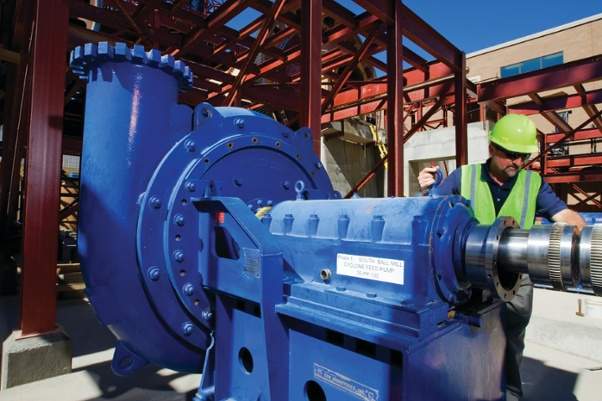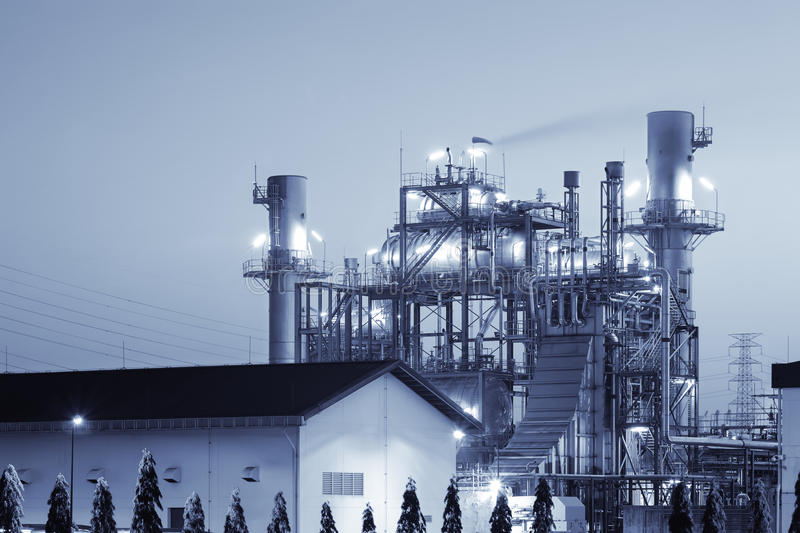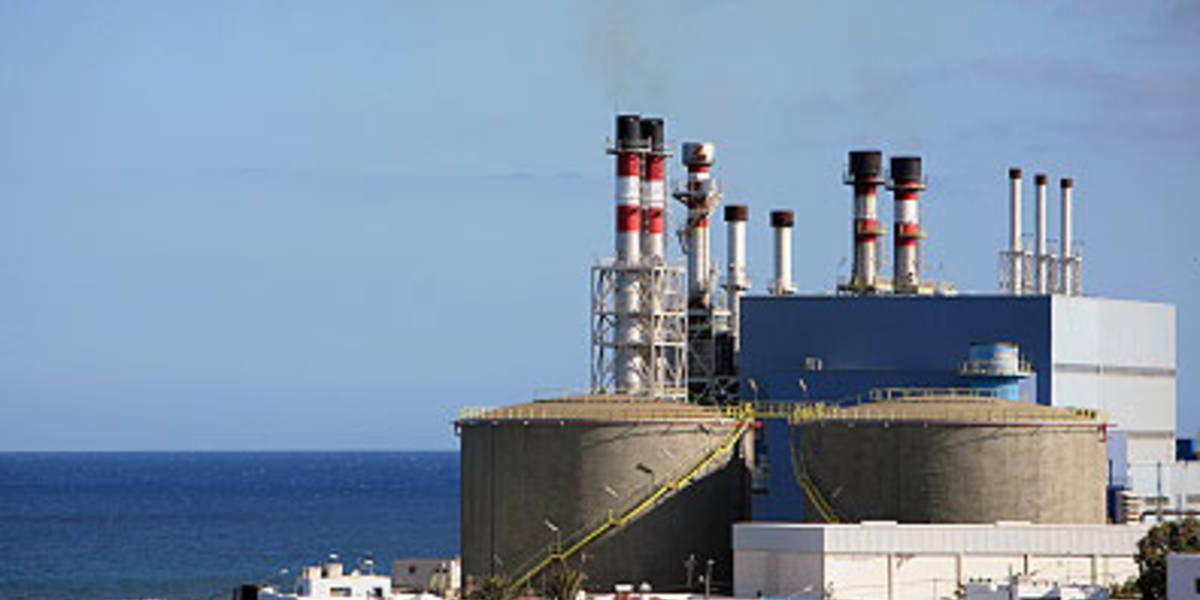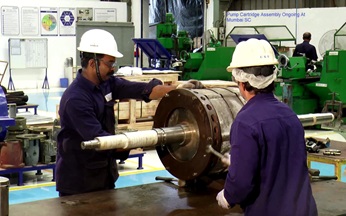

Trainees may have a particular interest in hearing about incidents that have occurred in their country or region, also the course aids will include:
By the end of this course delegates will be able to:
This course is directed towards Supervisors, Team Leaders and Managers in RO Maintenance, RO Engineering and Production. The course will also benefit anyone who wishes to update themselves on RO Feed pump Predictive Maintenance Technologies, vibration analysis and Failure Analysis techniques, as well as those who have to judge the suitability of these technologies for their needs, and learn how to implement them for the benefit of their pumping system
‘Tell me and I’ll forget; show me and I may remember; involve me and I’ll understand’
There are a number of methods and techniques which may be used to deliver training. our training course will involve a variety of these methods, with the aim of helping to retain
the attention and interest of trainees. As a general principle we use of methods that actively
engage the trainees is encouraged. Although a training course is likely to involve some degree of traditional presentation and explanation by an instructor, significant benefits in understanding, learning and information retention are gained when trainees are challenged to become involved in discussions, attempt table-top exercises and carry out practical deployments.
Classroom presentations typically involve an instructor imparting his or her knowledge and
experience to a group of trainees, often with the support of visual aids.
CDGA attendance certificate will be issued to all attendees completing minimum of 80% of the total course duration.
| Code | Date | Venue | Fees | Register |
|---|---|---|---|---|
| MI225-01 | 18-01-2026 | Dubai | USD 5450 | |
| MI225-02 | 06-04-2026 | Istanbul | USD 5950 | |
| MI225-03 | 13-09-2026 | Muscat | USD 5450 | |
| MI225-04 | 23-11-2026 | Kuala-Lumpur | USD 5950 |

An advanced course to develop the engineers and operators deals with water purification used in plants generally to a topics (principles, practice, operation, and steam generation troubleshooting) for ...

This course provides an overview of the main water handling systems typically encountered in upstream production operations, both onshore and offshore. The chemistry of the main water related problems ...

Pumps of various designs and applications, are encountered throughout petrochemical and process industries. Pumping systems sometimes have to provide efficient transport of complex and difficult fluid ...
Providing services with a high quality that are satisfying the requirements
Appling the specifications and legalizations to ensure the quality of service.
Best utilization of resources for continually improving the business activities.
CDGA keen to selects highly technical instructors based on professional field experience
Since CDGA was established, it considered a training partner for world class oil & gas institution
3012, Block 3, 30 Euro Business Park, Little Island, Co. Cork, T45 V220, Ireland
Mon to Fri 09:00 AM to 06:00 PM
Contact Us anytime!
Request Info